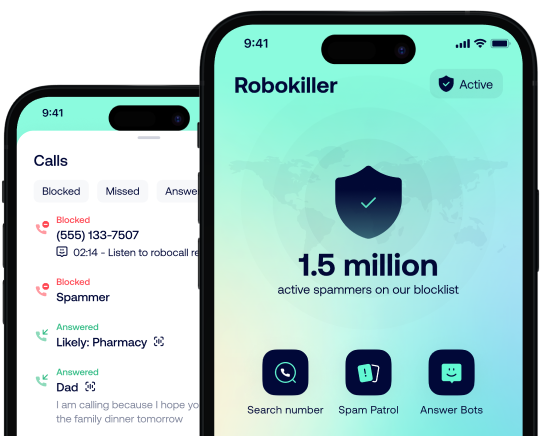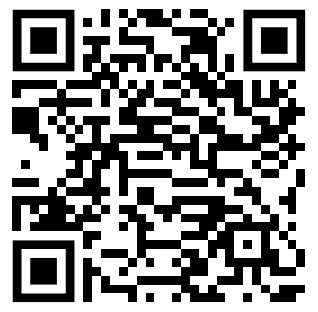Get the
Robokiller app

(214) 273-2106
Debt Collector
RoboKiller users have reported receiving spam
calls from this number
Negative
User reputation
Blocked
Robokiller status
Analytics
8 minutes ago
Last call
76,975
Total calls
196
User reports
Reported category
Debt Collector
Learn MoreComments 10
The comments below are user submitted reports by third parties and are not endorsed by Robokiller
See more

Pornfolio Recovery
December 18, 2025
I don't answer these, but I've been receiving a ton of calls with the same "PORTFOLIO RECOV" name from a lot of different numbers. They never leave a message.
August 5, 2024
Keep blocking them. !!! Red Alert. this number has been looked up 270 X’s. !!!
April 20, 2023
Don't answer
December 29, 2022
Portfolio recovery associates
September 7, 2022
August 28, 2022
Calls persistently from what seems like an endless supply of originating numbers. Disconnects or leaves no messages but caller ID as portfolio recovery
August 26, 2022
This is a fake phantom debt collection scam by Portfolio Recover This is what the Federal Trade Commission calls a phantom debt collection scam where the scammer pretends to be a debt collector, bank, credit agency, billing department, lawyer, or law enforcement and threatens to sue or arrest you using lies, harassment, and intimidation to collect on fake debts that you do not owe. Debt collection scams are very common because many people carry debts, so it is easy for scammers to phish for gullible victims. And debt collection scams have vastly increased this year to prey upon the larger number of people in debt. Although more than 80% of all North America scam phone calls originate from crowded phone rooms in India that run numerous fraud, extortion, and money laundering scams every day such as pretending to be fake pharmacies, posing as fake Microsoft, Amazon, and Apple representatives, and pretending to offer credit cards and student loan forgiveness, some of these phantom debt collection scams are committed by Americans, but many phantom debt scams also come from India and Philippines scammers who use text-to-speech translation software to generate a pre-recorded message without a foreign accent. Another version of these phantom debt collection scams is the frequent extortion scams perpetrated solely by Indians posing as Social Security or IRS officers threatening to sue or arrest you for fake unpaid back taxes. Here is how to tell the difference between a real debt collector and a scammer: A debt collector must tell you specific information about your debt such as the name of the creditor and the exact amount owed. A scammer either avoids providing this information or says very vague or totally false information. A real debt collector will mention the name of the creditor on the first phone call. A scammer tries to sound very ominous and threatening, but never gives any precise details. A debt collector has to mail you a printed-on-paper "validation letter" within 5 days of first contacting you. If you do not dispute the debt in writing within 30 days, the debt collector has the right to assume the debt is valid. If you do dispute the debt in a paper mail sent to them, all collections phone calls must stop during the time while the debt collector obtains verification of the debt. Scammers always pressure you to settle a debt immediately on the phone, often demanding that you make a wire transfer from your bank that can be untraceable; this is very common with India scammers posing as debt collectors and fake IRS officers. A scammer may threaten to tell your family and employer about your debts, but a real debt collector can only ask other people about your address, phone number, and place of employment; they cannot tell others about your debts. Scammers will ask for your bank account/routing and credit card numbers and Social Security number, whereas real debt collectors will not. Scammers often tell you that they cannot reveal the reason for their call until you tell them your SSN. You do not need to provide your SSN to a debt collector to prove your identity! You can ask the caller to tell you the SSN or other information that they have on file for the debt to verify if it is your debt. Real debt collectors will ask for other forms of identification if you refuse to provide even the last four digits of your SSN, such as the account number for the debt in question, your current or previous address, your phone number, or one or more of your most recent transactions with amounts and dates for the account that they are calling about. Ask the debt collector for their name, company name, street address, and a callback number, which all real debt collectors will provide. Every one of the thousands of India scammers will also immediately fail this test since all of the India scammers use spoofed fake Caller ID numbers or disposable VoIP numbers. If you suspect a scam, contact the creditor that the debt collector claims to be working for and find out who has been assigned to collect the debt. Mail a cease-and-desist registered letter, with return receipt delivery notification, to the debt collector saying you do not want to be called again. That will not remove the debt. But once the letter is received, third-party collectors (companies hired by others to collect a debt) may not contact you again with two exceptions: to tell you there will be no further contact, or to let you know that they or the creditor intend to take a specific action, such as filing a lawsuit. Continued phone calls after this letter is received subject violators to a $1000 fine. Phone scammers will never mail you any letters and never give you an address to mail any letters to them (of course, there are other scams that operate through postal mail and email).
May 5, 2021
Caller refused to say who she was. So I wouldn’t say who I was. When I ask what it was matter was pertaining to, she said it’s a personal matter. I said she could leave a message. And they said there’s no message to leave.
March 24, 2021
Asked for my name. I responded with what is this in regards to? She again asked to verify identity. I asked her twice if she is a debt collector, both times she refused to answer the question directly. Hung up.
June 18, 2020